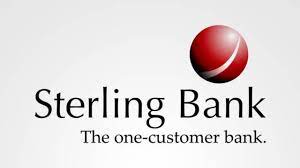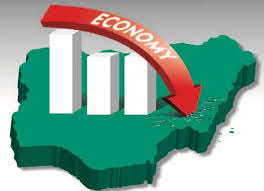The Food and Beverage Recycling Alliance (FBRA) has emphasised that recycling of waste, especially those of food and beverage packaging is vital in environmental preservation as the value chain in the process leads to job and wealth creation.
According to FBRA Vice Chairman, Adekunle Olusuyi, who spoke at the two-day 12th National Stakeholders’ Forum of the National Environmental Standards and Regulations Enforcement Agency (NESREA) in Abuja, the Alliance has been intensifying awareness on separation of waste and environmental pollution, especially on post-consumer polyethylene terephthalate (PET) bottles which can further be recycled to other useful products.
Olusuyi, who attended the forum with other FBRA members, explained that FBRA participation in the summit was in line with the Alliance’s commitment to the Extended Producer Responsibility (EPR) policy of government, to help build a sustainable healthy environment that leads to business growth.
“We are looking at the entire packaging lifecycle from how bottles and cans are designed and made, to how they are recycled and repurposed. We want to reduce the waste we generate as much as possible, encourage recycling, and our initiatives in this regard has been well tailored in achieving tangible results along with our partners,” he stated.
“The stakeholders’ forum, which had the theme, Circular Economy and Environmental Governance, provided a platform for an in-depth discussion and array of issues focusing on Circular Economy and Environmental Governance, as well as critical factor in attaining sustainable development in the national development plan.
He noted that, It also enabled stakeholders highlight waste-to-wealth initiatives, review progress in the implementation of the EPR programme, strengthen policies and regulations to enable the recycling of food grade packaging waste materials by establishing a national standards for recycled PET and determine how Producer Responsibility Organisations (PRO) can support in waste management for a healthy environment, recycling roles, among others.
“The FBRA vice chairman avowed that in a circular economy, proper waste management which involves different stages leads to job and wealth creation along the value chain.
According to Olusuyi, recent survey indicates that the volume of post-consumer PET waste is over 800,000 tonnes which requires participation of all stakeholders at the different stages to drive a robust circular economy.
“The various roles in waste management starts from waste separation, collection which our partner, Recycle Points takes care of, to separation, transportation, shredding at the recycling plants, production of other products and re-use. At these stages, different jobs are created, whether directly or indirectly,” Olusuyi explained.
He therefore urged other companies in the food and beverage sector, to be part of the Alliance which has sworn in its resolve to protect the environment and help make the world packaging problem a thing of the past.
Earlier in her remarks, towards a circular economy, the Technical Lead, FBRA, Nwamaka Onyemelukwe, who represented the Chairman, Sade Morgan pointed out that the Alliance, as a PRO, will help improve recycling rates and apply the global marketing muscle of its members to help educate the public on what, how and where to recycle their food and beverage packaging waste.
The Alliance will continue to partner with local communities, non-government organisations (NGOs), industry peers and consumers to help make recycling easier and more accessible for everyone by improving collection systems, local recycling systems and driving policy change that supports a truly circular economy.
“As part of FBRA ambitious goal towards a cleaner environment, it has concluded plans to clean up the waterways in collaboration with its partner, Recycle Points and the Ministries of Transportation as well as Environment in Lagos state, she said.
Onyemelukwe added that with an estimated annual growth rate of 2.6 per cent in Nigeria, there is increase in the level of consumption which has translated to rise in the volume of waste generation that needs to be well tackled; hence FBRA has been embarking on various initiatives towards a cleaner environment.



